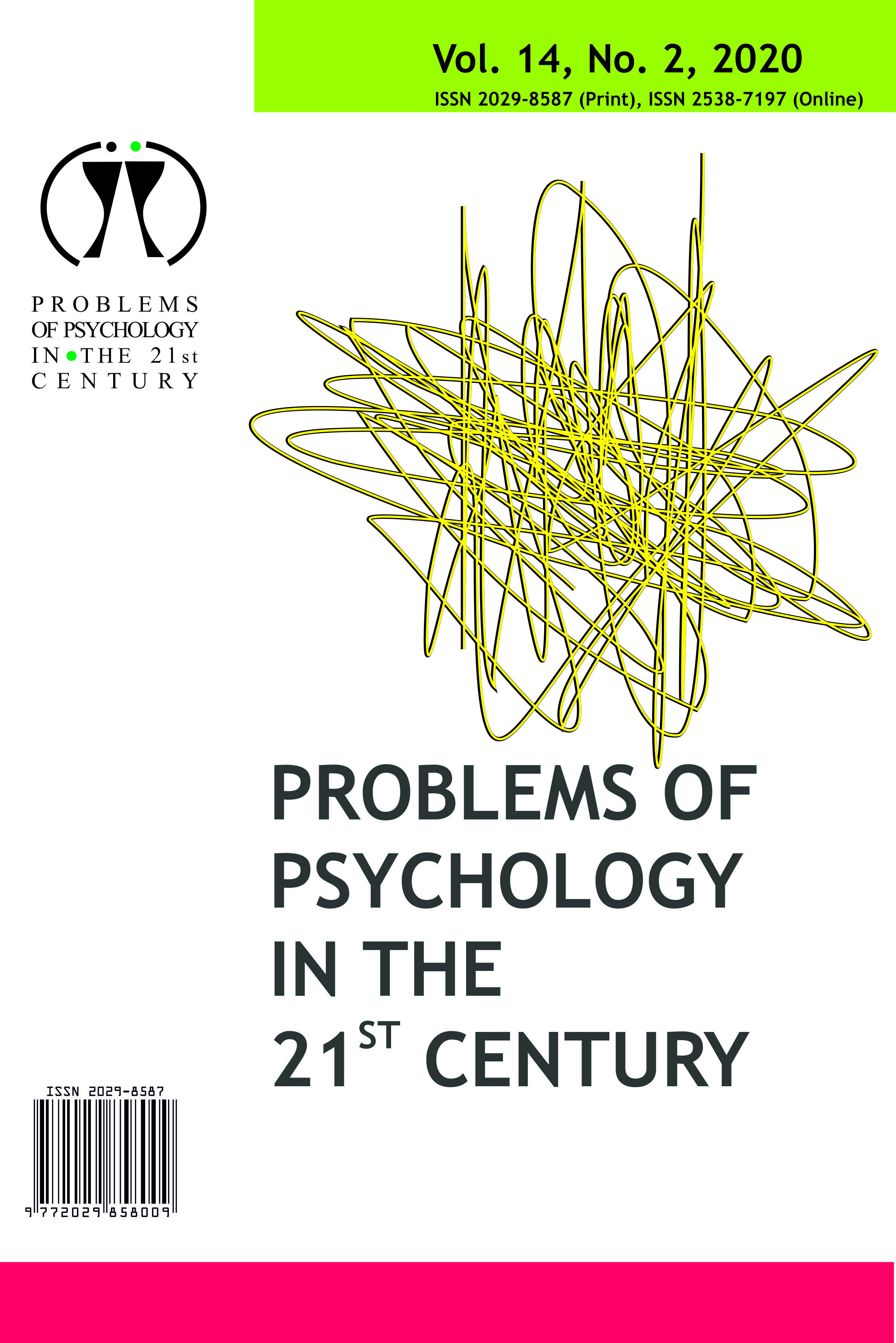FEAR-BASED OBSERVATIONS OF JUVENILE OFFENDERS TOWARDS ACHIEVEMENT DEMANDS IN SCHOOL SITUATIONS
FEAR-BASED OBSERVATIONS OF JUVENILE OFFENDERS TOWARDS ACHIEVEMENT DEMANDS IN SCHOOL SITUATIONS
Author(s): Tea Panchulidze, Ketevan MakashviliSubject(s): Social Sciences, Psychology, Organizational Psychology, Penal Policy
Published by: Scientia Socialis, UAB
Keywords: emotional functioning; juvenile offenders; penal system; projective techniques; school fears;
Summary/Abstract: Little research has been done on the issue of fear and anxiety as critical motivators in an individual’s behavior as a juvenile in detention. This research studies adolescents who are serving sentences in juvenile detention centers and study at penitentiary schools, based on E. Hussliein’s projective method “School Fear Test” (School Angs Test or SAT). The data, through studied school situations, is obtained in a method free from conscious protection and organized according to the form and intensity of the subjects' fears and their fear-inducing stimuli. The case study involves a comparison of 50 male juveniles aged 14-18, half of whom were incarcerated, with the other half randomly chosen from a pool of boys who have never been incarnated.The research studies specific emotional-motivational characteristics emanating from the subjects’ school perceptions to assess the behavioral risks related to mental health and the internal psychological problems of juvenile offenders. The obtained data revealed that while there is a higher rate of physical manifestation of fear, there is a lower rate of future-oriented fear. This combination of affective and emotional traits makes adolescents more likely to engage in careless behaviors, which increases their risk of delinquency. Also, for imprisoned juveniles, a teacher’s personality is the most potent catalyst for inducing fear through demanding achievement in school situations. This data is important for educational settings and schools in penitentiary institutions to understand better the role of a teacher and their use of resources to prevent antisocial behavior and recidivism in adolescents.
Journal: Problems of Psychology in the 21st Century
- Issue Year: 14/2020
- Issue No: 2
- Page Range: 123-134
- Page Count: 12
- Language: English

